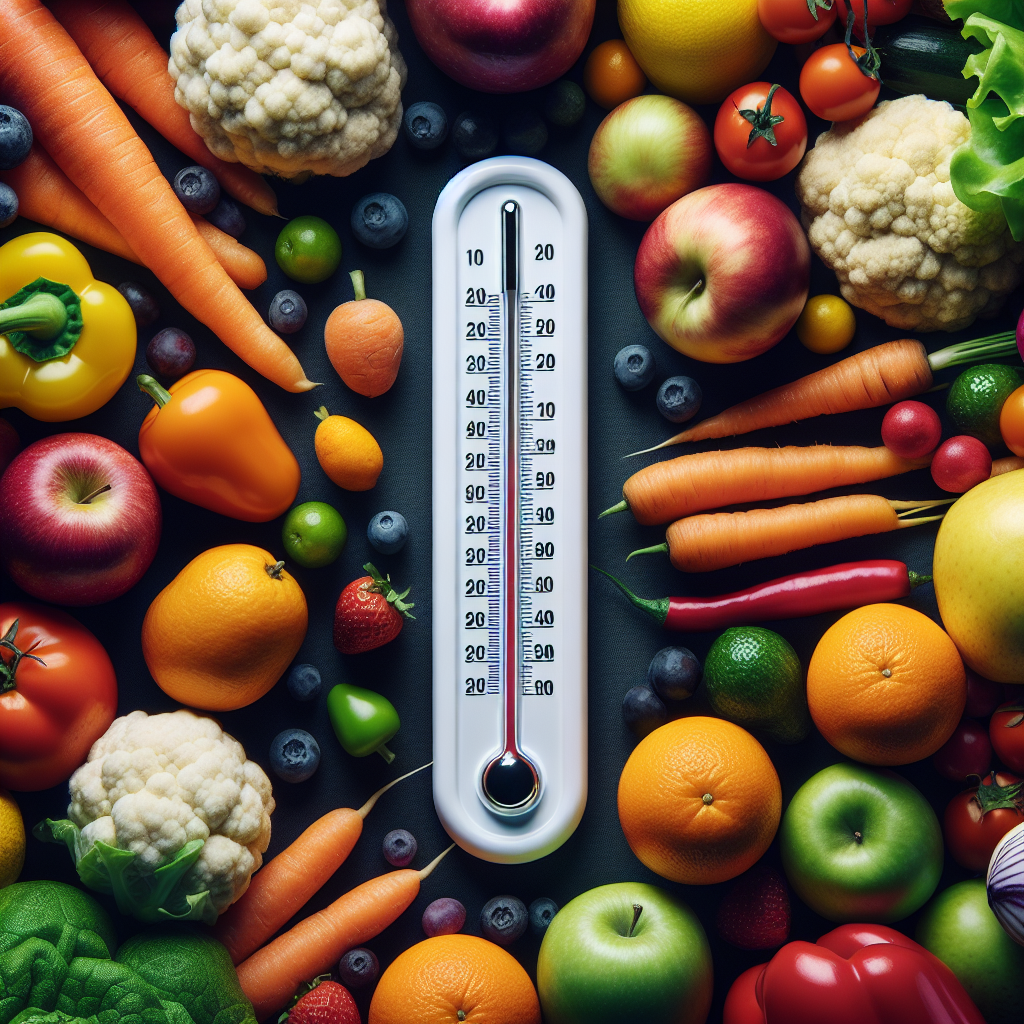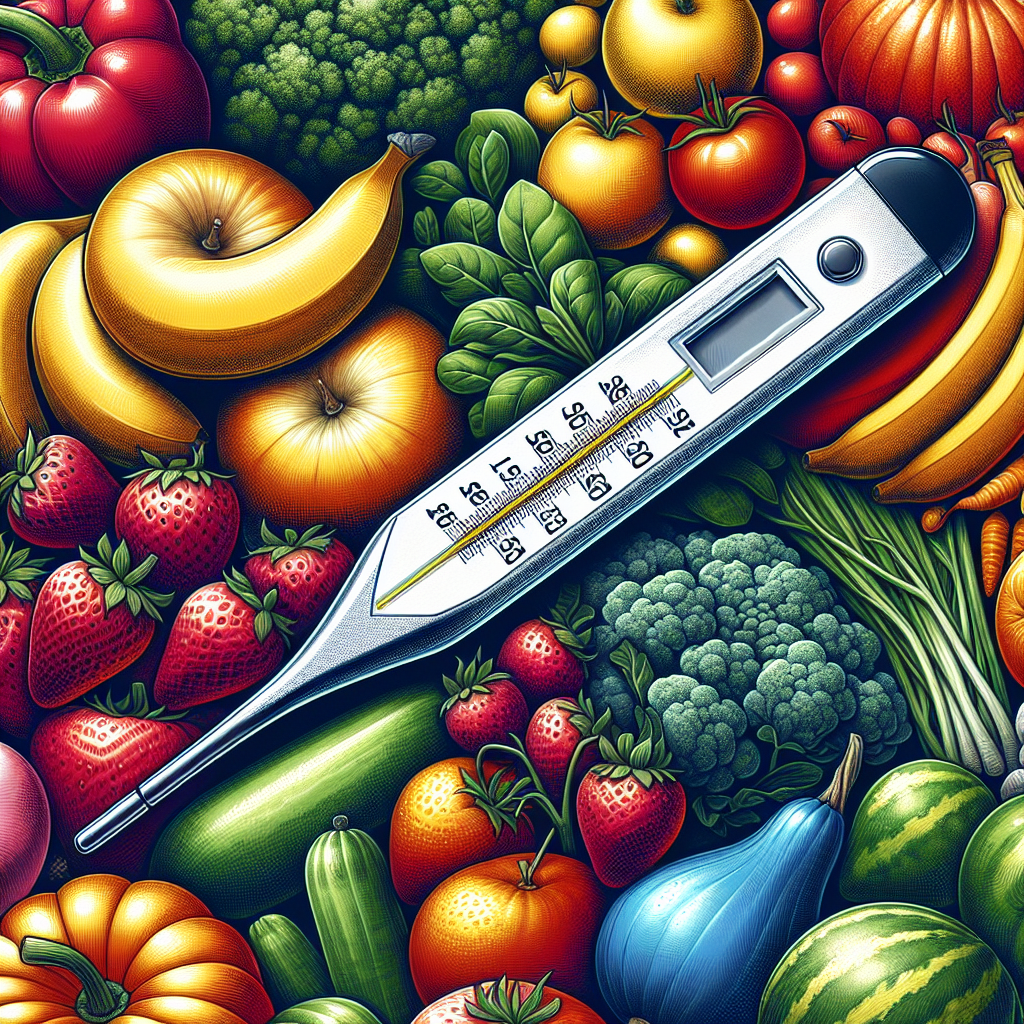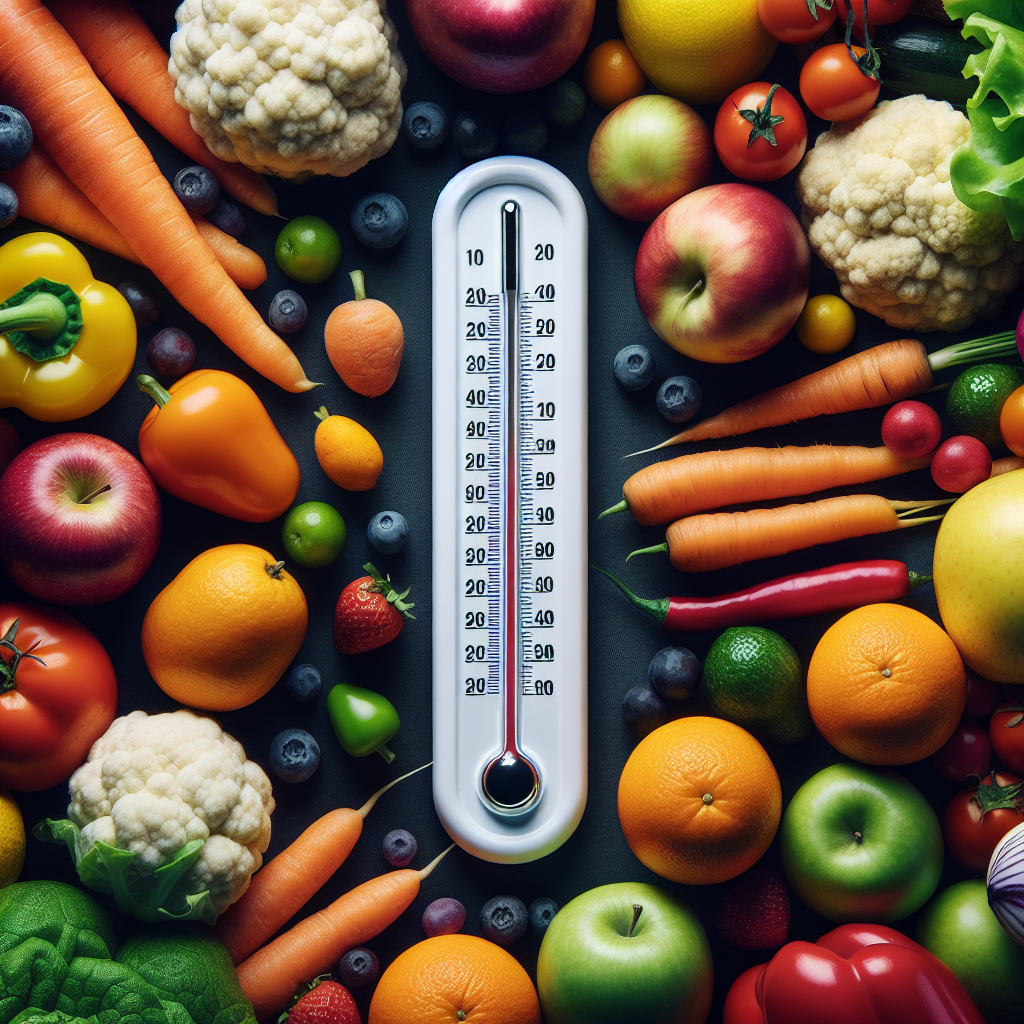So you’re thinking about starting your own food business in British Columbia? Well, before you start cooking up a storm, it’s important to familiarize yourself with the specific regulations that apply to food businesses in BC. From licensing requirements to food safety standards, there are certain guidelines you’ll need to follow to ensure your business stays on the right side of the law. In this article, we’ll be taking a closer look at the food business regulations in British Columbia, providing you with the essential information you need to get started. Whether you’re opening a restaurant, catering service, food truck, or any other kind of food establishment, understanding these regulations is crucial for a successful and compliant business journey.
Food Business Regulations in British Columbia
If you’re considering starting a food business in British Columbia, it’s important to familiarize yourself with the various regulations that govern the industry. From ensuring food safety to obtaining the necessary licenses and permits, understanding and complying with these regulations is crucial to maintaining the integrity and success of your business. In this comprehensive article, we will explore the various aspects of food business regulations in British Columbia, so you can confidently navigate the requirements and run a safe and compliant operation.

Food Safety Regulations
Food safety is of paramount importance in the food industry, and British Columbia has implemented comprehensive regulations to protect the health and well-being of consumers. These regulations cover aspects such as proper storage, handling, and preparation of food, as well as maintaining hygienic conditions in food establishments. As a food business owner, it is your responsibility to ensure that the food you serve is safe for consumption and does not pose any health risks to your customers.
Licensing and Permitting
Before you can operate a food business in British Columbia, it is essential to obtain the necessary licenses and permits. The specific requirements may vary depending on the type of food business you intend to establish, such as a restaurant, food truck, or food processing facility. It is advisable to consult with the local authorities, such as the health department or city council, to determine the specific licenses and permits you need to acquire. This step is crucial to ensure that your business operates within the legal framework and satisfies all regulatory requirements.
Labeling and Packaging Requirements
Proper labeling and packaging of food products are important for both consumer safety and regulatory compliance. British Columbia has specific regulations in place to ensure that food items are accurately labeled with essential information such as ingredients, allergens, nutrition facts, and best before dates. It is vital to familiarize yourself with these requirements and ensure that your products adhere to them. Failure to comply with labeling and packaging regulations can result in penalties and reputational damage to your business.
Food Handler Certification
To maintain high standards of food safety, British Columbia mandates that individuals working in the food industry obtain food handler certification. This certification ensures that food handlers have received proper training in safe food handling practices, including preparation, storage, and hygiene protocols. Depending on your role in the food business, you may be required to undergo specific training and certification programs. It is vital to stay updated with the latest certification requirements and ensure that all employees in your establishment are adequately certified.

Health and Safety Guidelines
In addition to food safety regulations, there are various health and safety guidelines that food businesses in British Columbia must follow. These guidelines cover aspects such as cleaning and sanitizing procedures, personal hygiene practices, pest control measures, and proper waste disposal. By adhering to these guidelines, you can maintain a safe and healthy environment for both your staff and customers. Regular staff training and ongoing monitoring can help ensure that these guidelines are properly followed within your establishment.
Inspections and Audits
To ensure compliance with food safety regulations and other requirements, food establishments in British Columbia are subject to periodic inspections and audits. These inspections can be conducted by local health authorities or other regulatory bodies. Inspectors will evaluate various aspects of your operation, including food handling practices, cleanliness, and adherence to regulations. It is important to be prepared for these inspections by maintaining records, conducting self-assessments, and addressing any non-compliance issues promptly. A positive inspection record demonstrates your commitment to meeting regulatory standards and helps build trust with your customers.
Sanitary Practices
Maintaining proper sanitary practices is crucial for preventing foodborne illnesses and ensuring the safety of the food you serve. British Columbia has specific regulations in place regarding cleanliness and sanitation in food establishments. These regulations cover areas such as equipment and surface sanitization, handwashing protocols, and the prevention of cross-contamination. It is important to establish robust sanitation procedures within your business and train your staff to follow these protocols diligently. Regular monitoring and maintenance of equipment and facilities will help ensure that your establishment complies with these regulations.
Food Allergen Regulations
Food allergies and intolerances are a growing concern for consumers, and British Columbia has implemented regulations to protect individuals with such dietary restrictions. These regulations require food businesses to clearly label allergenic ingredients and provide accurate information regarding potential cross-contamination risks. It is crucial to carefully manage and communicate allergen risks within your establishment to prevent adverse reactions. Proper employee training and communication are essential to ensure that allergen regulations are followed to the letter.
Transportation and Delivery
If your food business involves transportation and delivery of food products, it is important to comply with regulations specific to this aspect of the industry. British Columbia has regulations in place to ensure that food products are transported safely and under appropriate conditions to maintain their quality and integrity. These regulations may cover aspects such as vehicle cleanliness, temperature control, and proper storage practices during transportation. As a business owner, it is essential to understand and follow these regulations to safeguard the quality and safety of the food you deliver.
Legal Considerations
In addition to the regulations mentioned above, there may be various legal considerations to address when starting and running a food business in British Columbia. These considerations can include business registration, insurance coverage, employment laws, and taxation requirements. It is advisable to consult with legal professionals and experts in the field to ensure that your business complies with all relevant laws and regulations. By addressing these legal considerations upfront, you can minimize potential risks and operate your food business in a legally sound and sustainable manner.
In conclusion, the food business regulations in British Columbia are designed to ensure the safety and well-being of consumers and maintain high standards in the industry. Familiarizing yourself with these regulations, obtaining the necessary licenses and certifications, and implementing robust safety practices are essential steps in running a successful and compliant food business. By following the guidelines and requirements set forth by the government and regulatory bodies, you can provide your customers with safe and quality food, and build a reputation for excellence in the British Columbia food industry.

